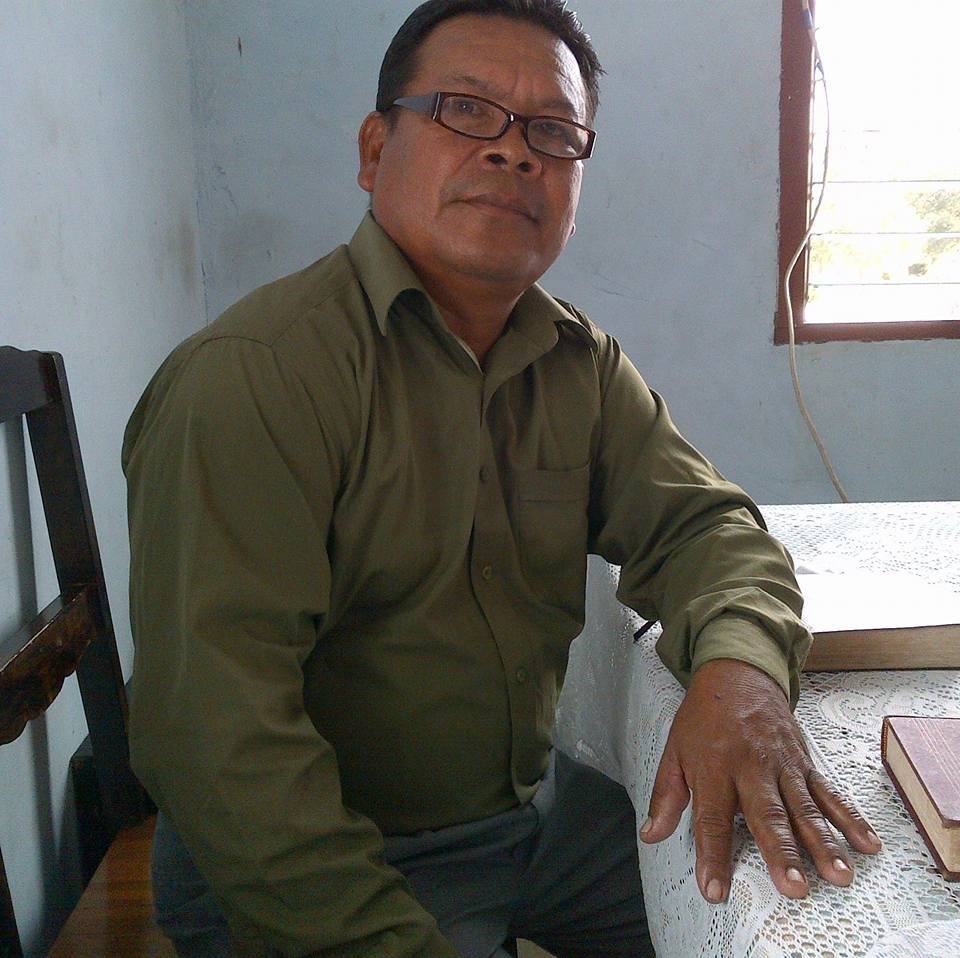We live in a world where traditions are rapidly dying owing to a number of factors. Even in the most remote places, those long-held traditions are slowly being left behind as a result of the influences of modern-day developments, but, according to Earl Thomas, preserving those traditions is important to our existence as a people.
Thomas is a 54-year-old Lokono musician from the Arawak tribe. He resides in Wakapao Village in the Pomeroon and has been doing everything possible to preserve the music and traditions of the Lokono people. He said that music was an integral part of their culture since it was what they used for every occasion from prayers to the welcoming of a new bride to the family.
However, the uniqueness and intricacies of the Lokono music are what push a lot of the young Amerindian people from taking it up. Looking at his history in music, Thomas says his family has a rich history in the arts. His father was one of the guitarists in the village band and that led to his love of music.
“Since I was about three years growing up, I remember my father as a musician. He was a guitarist. So in those days, they didn’t have CDs and so on, they had the string band like the guitar, violin, shak-shak and drum. When I was about three or four, I started picking up my father’s guitar and I started playing; that is how I started playing the guitar,” he said.
“My mom, she was one of the teachers of the Amerindian dances and she taught the dances and we were involved. As I grew, I begin to love the music more and after I became a young man I had to go out of the village for work, because we do not have work here. When I was about 25, I returned home to live and my mom and dad were still involved and every occasion they have, they would go and perform dances and they were involved in most of the dances. When (Amerindian) Heritage celebrations began, they were really instrumental in teaching dancing and so on. They formed a dance group and I was a part of that group,” Thomas added.
He said that the dance group needed music and procuring the string instruments was tough for them so they decided to purchase an electric keyboard, which became their main source of music. He said that he took up the initiative to practise endlessly so that he could play the traditional Lokono music on the keyboard.
He notes that there are various types of music required for various dances. For instance, the ever-popular Mari Mari requires its own type of music as opposed to the snake dance. He explained that the Mari Mari is a group dance used in the Arawak tribe to welcome newlyweds while delivering a promise that they would be forever backed by their elders.
Thomas said one of his sons was now taking up the keyboard and it was his hope that he learns quickly so as to carry on the legacy that the family has built over the years. (Guyana Times Sunday Magazine)
Sunday, December 22, 2024
Recent posts
- APNU/AFC, GECOM expose Guyana to sanctions – PPP
- President Trump urges FDA to consider Chloroquine to treat COVID-19
- US sends strong warning to persons involved in electoral fraud in Guyana
- Coalition cracks – JFAP calls on Granger to “do the right thing”
- Linden man knifes woman and lover to death in jealous rage






